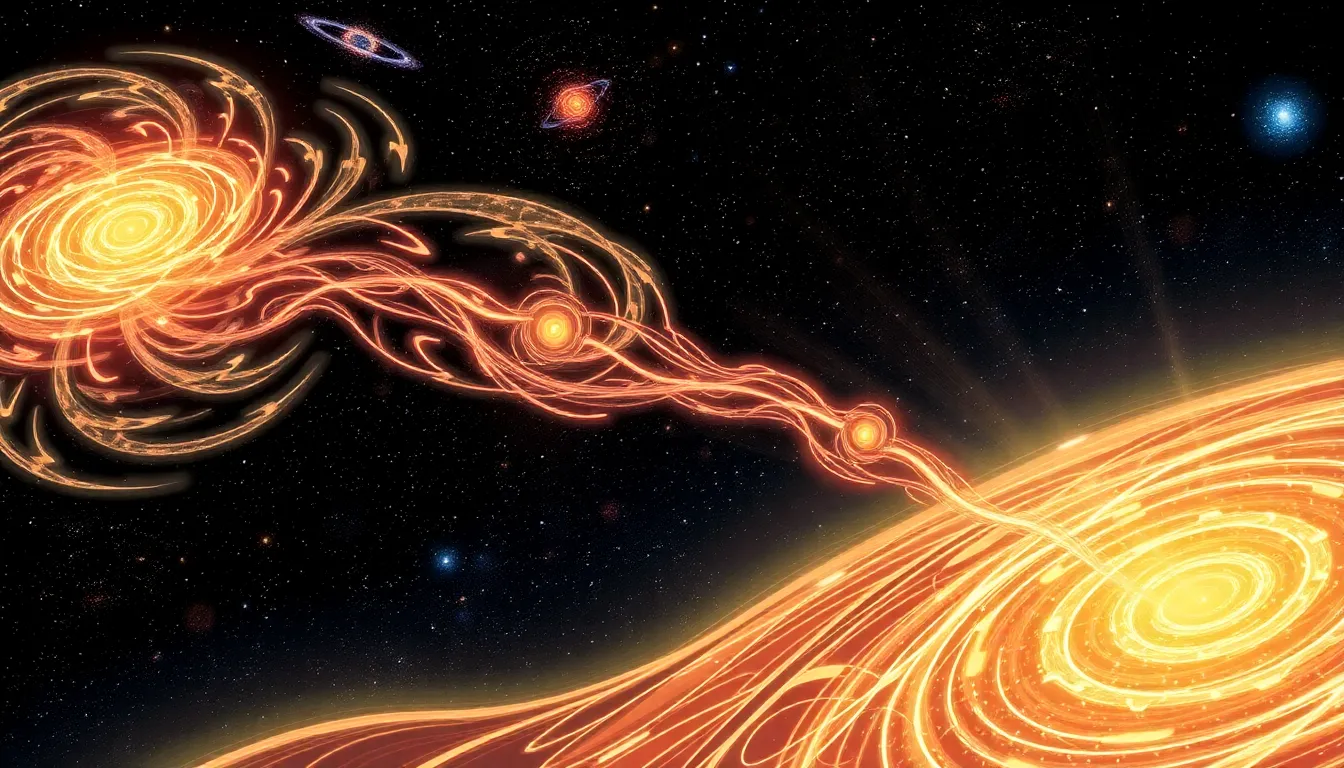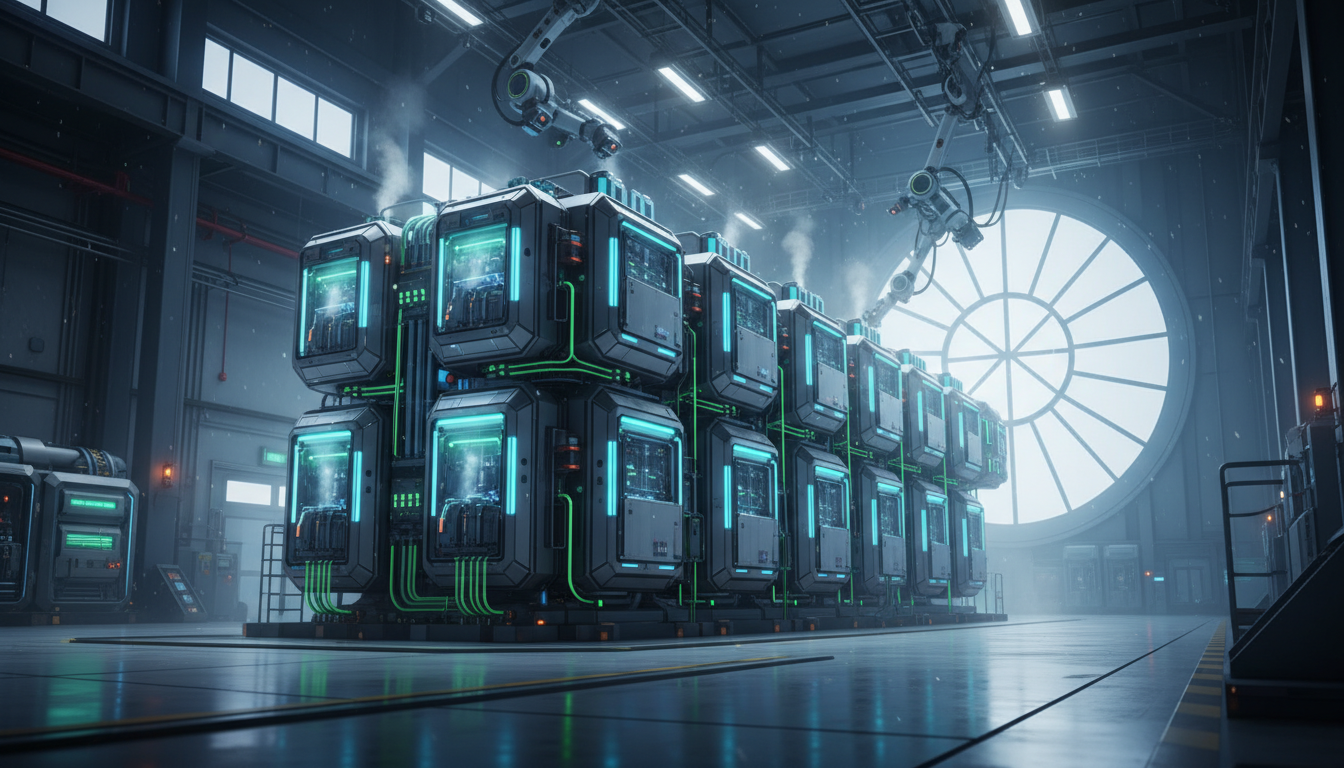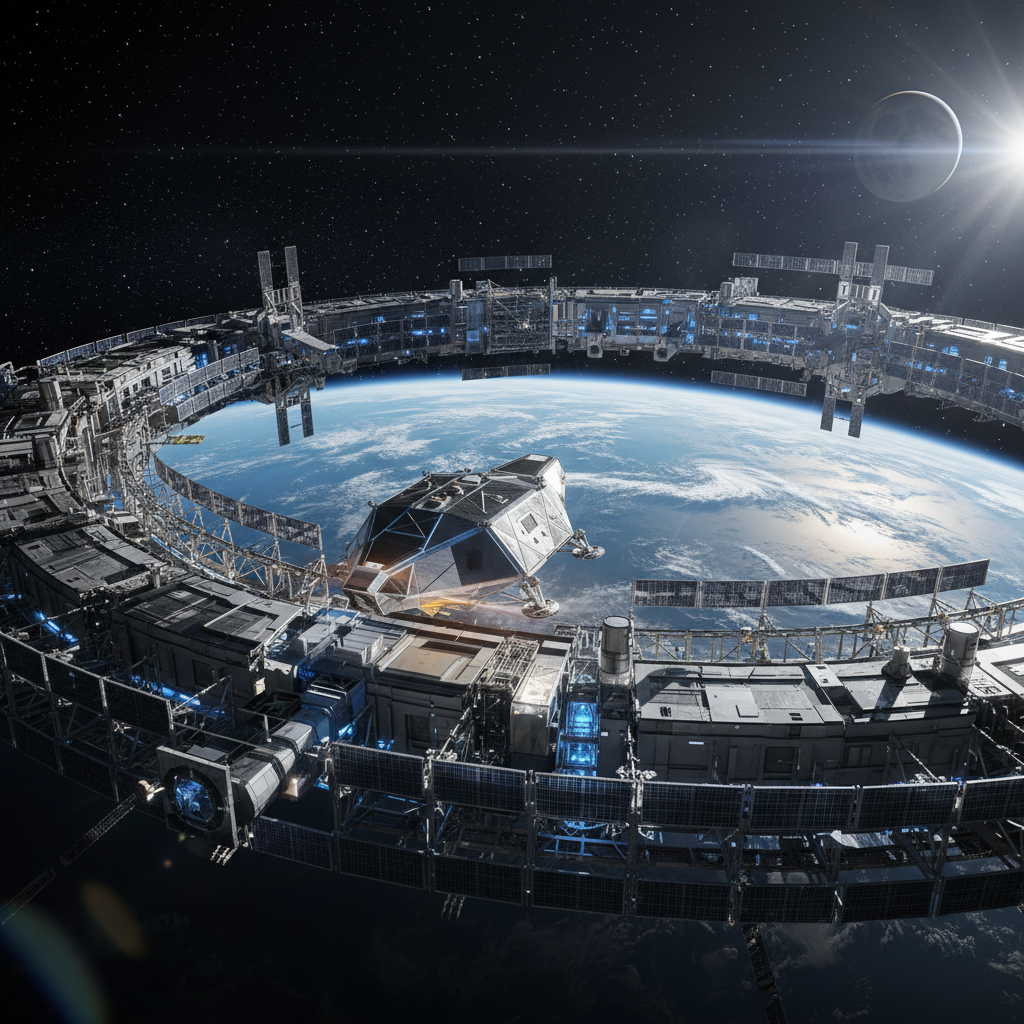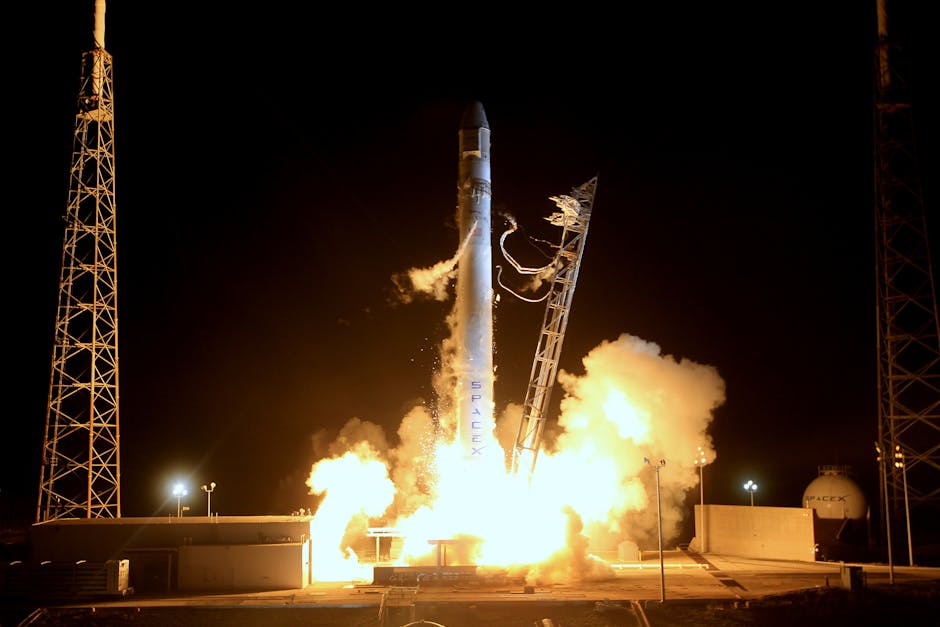To understand the vastness of space and time, you must first understand the fundamental forces at play. Recent discoveries in cosmology have revolutionized our comprehension of the universe's fate. The core question is: will our universe keep growing forever, or will it eventually collapse? You’ll learn to understand universe expansion and the pivotal role of the cosmological constant in this cosmic drama.
On This Page
We Also Published
Ever wondered about the universe's ultimate destiny? This article delves into the intriguing world of cosmology, exploring the evolving understanding of the cosmological constant and its implications for our universe's future. You’ll learn to understand universe expansion, the role of dark energy, and the latest research suggesting a potential shift in the cosmos's trajectory.
The Shifting Sands of Cosmology
Cosmology, the study of the universe's origin, evolution, and eventual fate, is a complex and evolving field. Scientists constantly refine their models based on new data and observations. Recent discoveries have challenged long-held beliefs, particularly concerning the cosmological constant. This constant, once thought to be… well, constant, may be changing over time, altering our understanding of the universe's expansion.
Understanding the Cosmological Constant
The cosmological constant represents the energy density of space, influencing the universe's expansion rate. For years, scientists believed it was positive, implying an ever-accelerating expansion driven by dark energy. Dark energy is a mysterious force, a significant component of the universe, and we are still in the dark about its true nature. Its influence appeared to be consistently pushing the universe apart.
This understanding was based on observations and theoretical models, helping to balance the effects of gravity, which would otherwise cause the universe to collapse. The cosmological constant was a key factor in the equations that describe the universe's behavior. However, this view is now being reevaluated in light of new data, which is where things get interesting and where the understand universe expansion concept starts to change.
New Data and Revised Models
Recent data from surveys like the Dark Energy Survey (DES) and the Dark Energy Spectroscopic Instrument (DESI) have prompted a reevaluation of the cosmological constant. Scientists are now suggesting that it may not be constant at all. These findings imply that the universe's expansion might be slowing down, potentially leading to a “Big Crunch” rather than an endless expansion into oblivion.
This shift has significant implications for our understanding of the universe's lifespan and its ultimate fate. If the cosmological constant is indeed negative, the universe's expansion will eventually halt and reverse, leading to a collapse. This new model suggests the universe has a finite lifespan, with a possible end within 33 billion years. This is a dramatic shift in the scientific community, and it forces us to understand universe expansion with a new perspective.
Implications and Future Research
The implications of a changing cosmological constant are far-reaching, affecting our understanding of fundamental physics and the universe's future. The new models are not without their caveats, and further research is needed to validate these findings. Scientists are now focused on confirming these observations and refining their models to account for the changing nature of the cosmological constant.
Testing the New Hypothesis
The scientific community emphasizes the importance of rigorous testing and replication. Researchers are actively working to confirm the DES/DESI observations and rigorously test the new models. The goal is to build a more accurate understanding of the universe. This process involves analyzing data and developing new hypotheses. This collaborative effort is essential for advancing our understanding.
One of the key areas of investigation is the possibility of a “Big Bounce.” This theory suggests that the universe might collapse and then re-expand in a cyclical manner. However, current research indicates that if such a bounce were to occur, the resulting universe would be vastly different from our present one. Therefore, the implications of this new model are incredibly significant and could change the way we understand universe expansion in the long term.
Key Takeaways
The cosmological constant, once considered a constant factor in the universe's expansion, is now under scrutiny. New data suggests it may be changing, potentially leading to a “Big Crunch” scenario. This shift could mean the universe has a finite lifespan, with about 19 billion years remaining. Further research is crucial to validate these findings and refine our understanding of the cosmos.
Similar Problems (Quick Solutions)
Problem 1
If the universe is expanding and the cosmological constant is positive, what is the expected outcome? Answer: Continued accelerated expansion.
Problem 2
If the cosmological constant becomes negative, what is the predicted fate of the universe? Answer: Big Crunch.
Problem 3
What is the role of dark energy in the expansion of the universe? Answer: It counteracts gravity and drives expansion.
Problem 4
What is the primary method scientists use to study the universe's expansion? Answer: Observing distant galaxies and supernovae.
Problem 5
What is the approximate age of the universe according to current estimates? Answer: Around 13.8 billion years.
| Aspect | Description | Implication |
|---|---|---|
| Cosmological Constant | Represents the energy density of space, influencing the expansion rate. | If positive, the universe expands indefinitely; if negative, a Big Crunch is possible. |
| Dark Energy | A mysterious force that counteracts gravity, driving the expansion of the universe. | Its influence is tied to the cosmological constant, and its behavior determines the universe's fate. |
| Recent Data (DES/DESI) | New observations suggesting the cosmological constant may not be constant. | This challenges the previous models and opens the door to a Big Crunch scenario. |
| Future Research | Scientists are testing the new hypotheses and refining the models. | The goal is to provide a more accurate understanding of the universe's behavior and lifespan. |
Also Read
RESOURCES
- I don't understand how dark energy makes the universe expand ;-( : r ...
- Cosmology can't understand the expanding universe | Marco ...
- How does the expansion of space work? : r/space
- New research improves understanding of expansion of the Universe ...
- What's the universe EXPANDING INTO? : r/space
- New research improves understanding of expansion of the Universe ...
- Webb telescope's largest study of universe expansion confirms ...
- general relativity - Understanding expansion of the Universe as ...
- Black hole collisions could help us measure how fast the universe is ...
- Expansion of the universe - Wikipedia
- Our Expanding Universe: Delving into Dark Energy | Department of ...
- Dark Matter - NASA Science
- Using Gravitational Waves from Black Holes and Galaxies to ...
- Origin of the Universe: How Did It Begin and How Will It End ...
- What does the universe expand ... - Sabine Hossenfelder: Backreaction
From our network :
- https://www.themagpost.com/post/trump-political-strategy-how-geopolitical-stunts-serve-as-media-diversions
- 10 Physics Numerical Problems with Solutions for IIT JEE
- EV 2.0: The Solid-State Battery Breakthrough and Global Factory Expansion
- 98% of Global MBA Programs Now Prefer GRE Over GMAT Focus Edition
- Mastering DB2 LUW v12 Tables: A Comprehensive Technical Guide
- https://www.themagpost.com/post/analyzing-trump-deportation-numbers-insights-into-the-2026-immigration-crackdown
- AI-Powered 'Precision Diagnostic' Replaces Standard GRE Score Reports
- Mastering DB2 12.1 Instance Design: A Technical Deep Dive into Modern Database Architecture
- Vite 6/7 'Cold Start' Regression in Massive Module Graphs








0 Comments